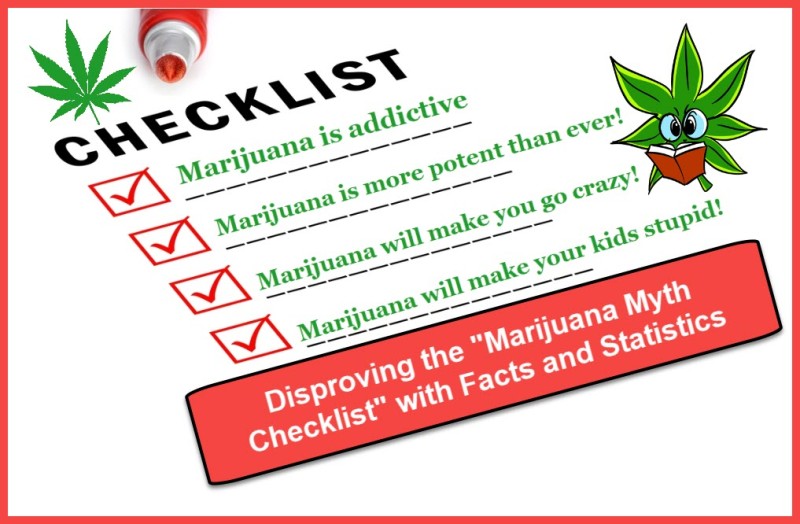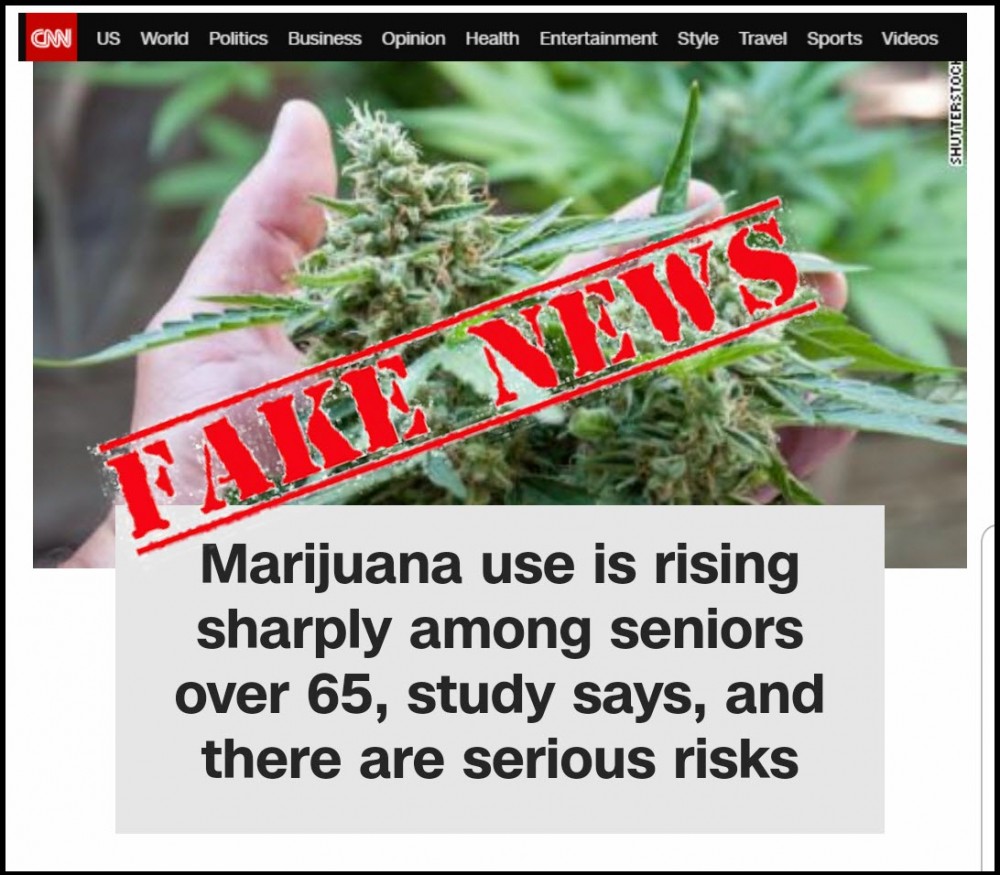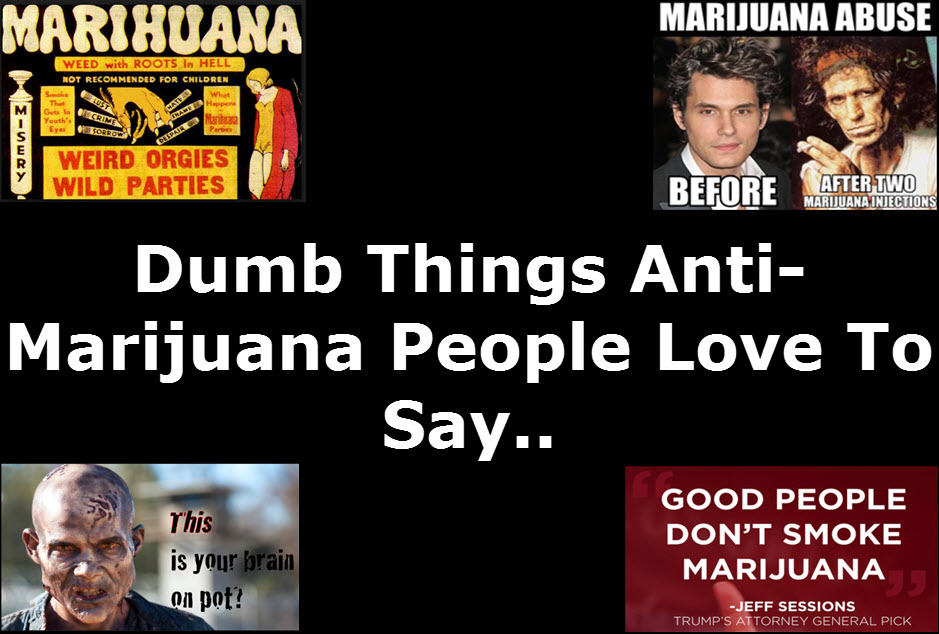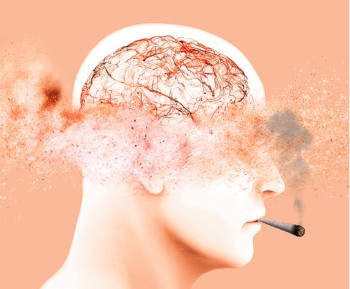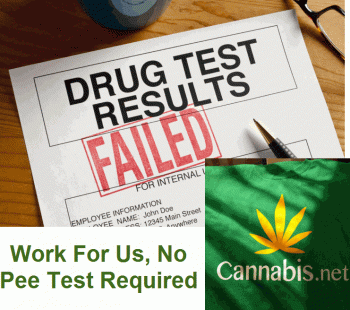Debunking the Famous Marijuana Myths With Facts and Statistics
Famous Marijuana Myths Debunked With Facts and Statistics from CannabisNet on Vimeo.
Just as September of 2018 came to a close, a few State agencies in Tennessee released a public health and safety advisory about the risks associated with the consumption of cannabis products, including hemp.
The only reason I decided to write a rebuttal to this “advisory” is because there might be some folks in Tennessee that might believe that these claims are fact. I would like to start this off that the vast majority of the points [if not all] are either blown out of proportion or simply distorted truth.
I’ll go through it point by point and provide a rebuttal for each topic presented.
Marijuana is addictive
Claim:
Marijuana is addictive. Approximately one in eleven individuals who use marijuana will become addicted. The risk is greater in youth. One in six teenagers who use marijuana will become addicted, and the risk for developing a marijuana substance use disorder further increases for those who use marijuana frequently.
In 2017, there were 2,182 admissions to state-funded substance use treatment services in Tennessee with marijuana as the primary substance (more than heroin or cocaine).
Rebuttal:
The claim that 1 in 11 people who consume marijuana will become addicted is not true. There is no definitive statistic that suggest the addictive rate of marijuana. It’s speculated that roughly 1 in 11 people might become addicted, but this is not fact. In fact, the vast majority of cannabis consumers’ consumption rates level out the longer they smoke.
The novelty factor of consumption usually creates a spike within consumption rates, however over time consumers tend to regulate their own consumption rates and keep consumption moderate.
The same holds true for the claim about teen addiction. In response to the admissions to ‘state-funded substance abuse treatment services’, we need to ask ourselves how many of them were court mandated? And finally, it’s obvious that cannabis will have a higher rate of use over cocaine and heroin, more people consume it.
Marijuana is more potent than ever!!!
Claim:
Today’s marijuana is more potent than before. Tetrahydrocannabinol, or THC, is the primary psychoactive substance found in Cannabis. Analysis of samples confiscated by the United States Drug Enforcement Administration showed a three-fold increase from approximately four percent THC in 1995 to approximately 12 percent THC in 2014.
Marijuana products can now be found with THC concentrations exceeding 20 percent. 4 The long-term health or developmental consequences of exposure to these high concentrations of marijuana are unknown.
Rebuttal
For the very same fact that the consequences of exposure to these high concentrations of marijuana is unknown, there is currently no need to “fear” the increase of more potent strains. The legalized market for high potency cannabis strains have been readily available for more than a decade. Since then, we haven’t seen any significant increase in adverse effects of cannabis on consumers.
Of course, some regulations and standardization of cannabis products might be required within the modern marketplace, however this is something that the market itself can figure out.
Marijuana will make you go crazy!
Claim:
Marijuana use is associated with a number of adverse health outcomes. A comprehensive review by the National Academies in 2017 found that marijuana use is associated with the development of psychoses (like schizophrenia) and an increased risk of motor vehicle crashes.
Rebuttal:
The increased “risk” of motor vehicle crashes showed a statistically insignificant increase in motor vehicle crashes. Additionally, there is evidence to how that consuming cannabis increases the chance of schizophrenia. Rather, people with schizophrenia are more at risk of having a psychotic lapse when smoking high potency marijuana, however it doesn’t mean that a person who doesn’t have a pre-disposition to schizophrenia will suddenly develop one.
This is simply not proven to be true at all.
Marijuana will make your kids stupid!
Claim:
Marijuana is particularly harmful to the developing child. Smoking marijuana during pregnancy is associated with being born at low birth weight, which is a risk factor for death in the first year of life. In a September 2018 clinical report, the American Academy of Pediatrics recommends that “marijuana should not be used during pregnancy.”
In 2017, the American Academy of Child and Adolescent Psychiatry warned that marijuana impacts the developing brain, even beyond early childhood. They note that “heavy use during adolescence is associated with increased incidence and worsened course of psychotic, mood, anxiety, and substance use disorders.” They also cite longer-term complications of marijuana use, including “increased risk of motor vehicle accidents, sexual victimization, academic failure, lasting decline in intelligence measures, psychopathology, addiction, and psychosocial and occupational impairment.”
Rebuttal:
Nobody is advocating child consumption, save for medical purposes. Secondly, the “risk factors” mentioned haven’t been scientifically proven to be true.
Famous Marijuana Myths Debunked With Facts and Statistics from CannabisNet on Vimeo.
OTHER STORIES YOU MAY ENJOY...
CNN RUNS A CANNABIS STORY THAT CAN'T FIND RISKS, READ THIS.
OR...
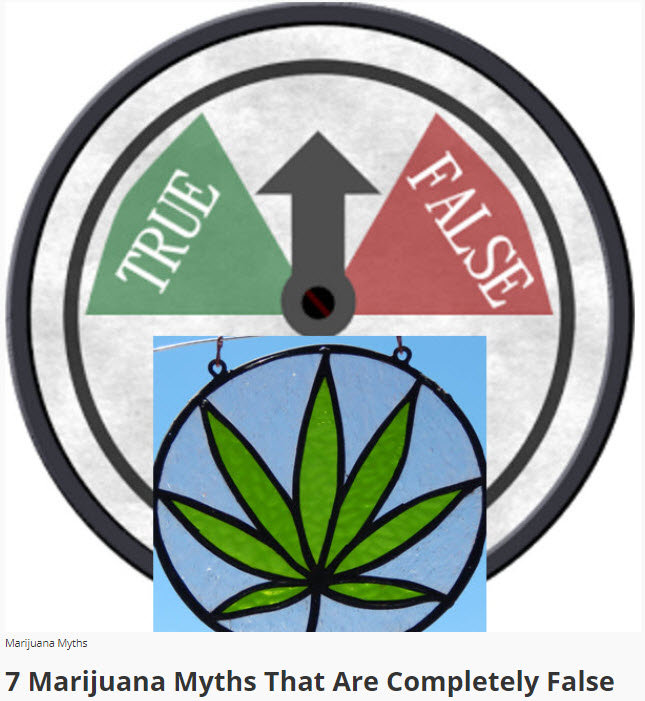
7 CANNABIS STORIES THAT ARE COMPLETELY FALSE, READ HERE...
